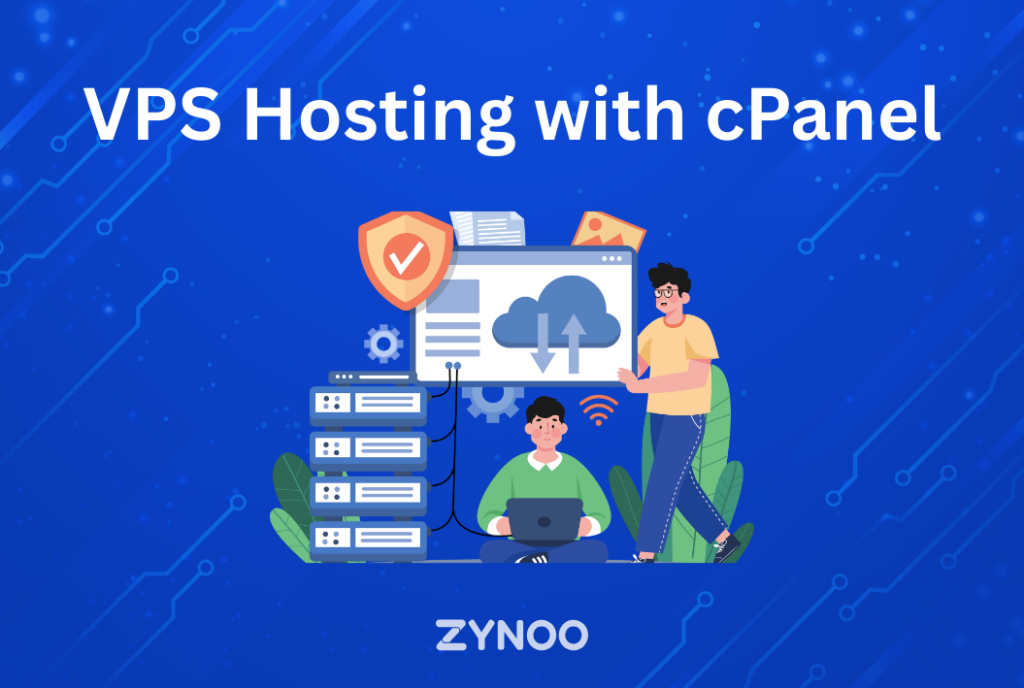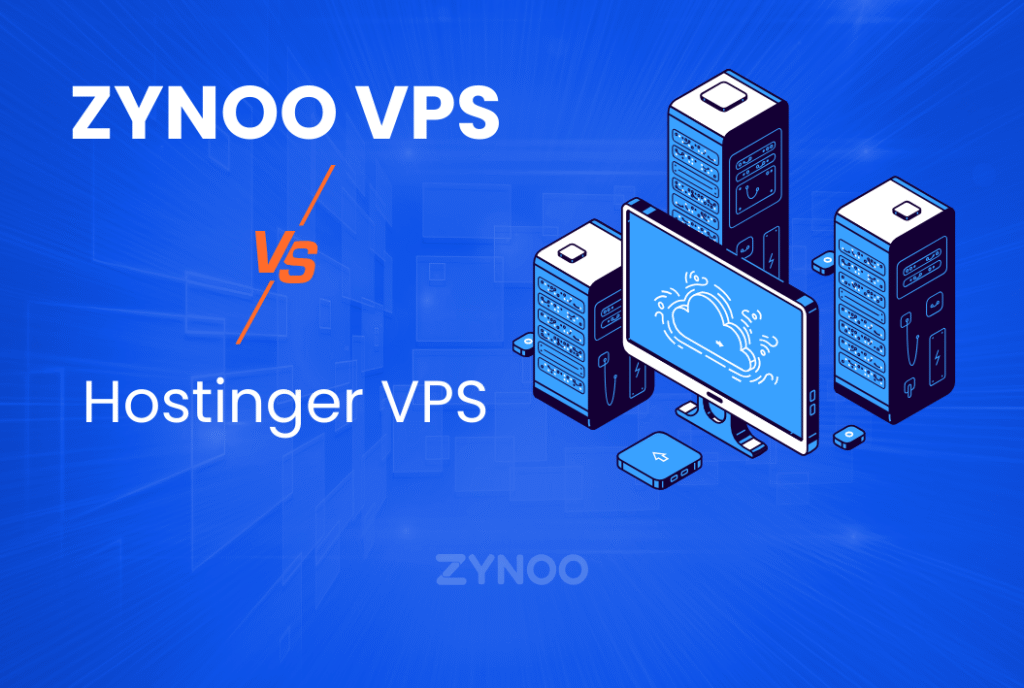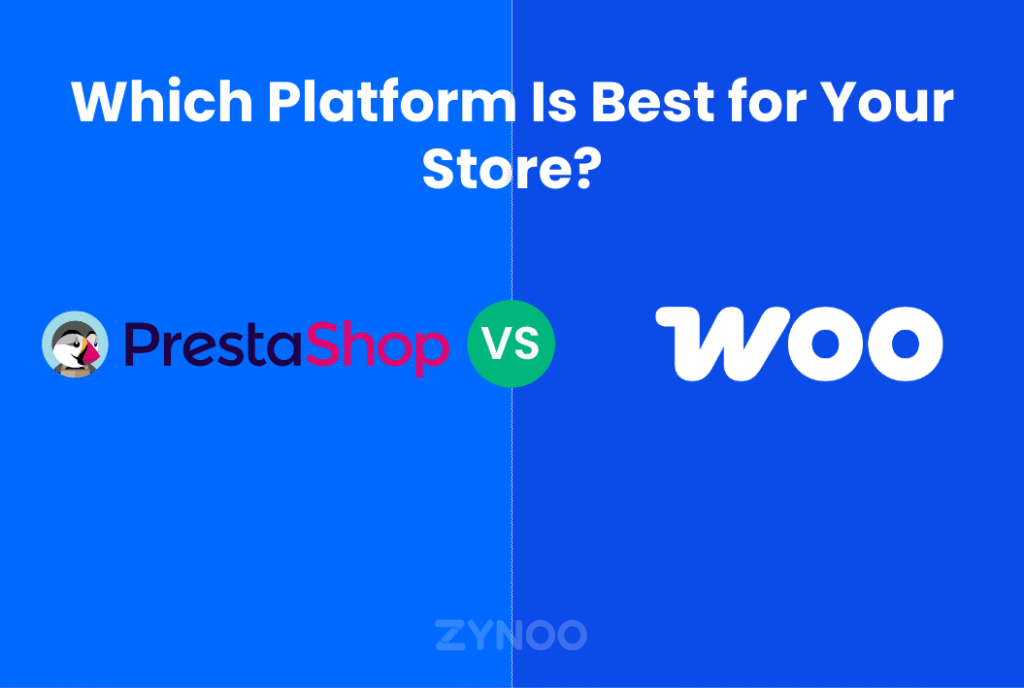In today’s digital landscape, businesses of all sizes need to optimize their online presence for local searches. This is where local SEO comes into play. For small businesses, brick-and-mortar stores, and service providers, local SEO is essential to attract nearby customers. But what is local SEO, and how can it help your business rank higher on search engines? In this article, we’ll explore what local SEO is, why it’s crucial, and how you can leverage it to get ahead of the competition.
What Is Local SEO?
Local SEO (Search Engine Optimization) refers to the process of optimizing a website or online presence to increase visibility for local searches. These are search queries that include a specific location, such as “coffee shops near me” or “best plumber in [city].” Unlike traditional SEO, which focuses on improving visibility on a national or global scale, local SEO aims to rank your business higher in localized searches within a certain geographical area.
When a user performs a search with local intent, search engines like Google prioritize displaying local results. This is where the Google “Local Pack” or “Map Pack” comes into play—a group of business listings that appear alongside a map of the searcher’s area. Ensuring your business appears in these results is key to driving more local traffic to your website and, ultimately, your storefront.
Why Is Local SEO Important for Businesses?
Local SEO is critical for businesses that rely on local customers. This includes retail stores, restaurants, law firms, medical practices, and more. According to Google, nearly 46% of all searches have local intent, meaning the searcher is looking for services or products within a specific geographical area. For a small business, ranking in these local search results can dramatically increase foot traffic, online inquiries, and conversions.
Local SEO helps businesses:
- Increase online visibility: Appear in search results when users search for nearby products or services.
- Drive targeted traffic: Reach users who are more likely to convert because they’re nearby and actively looking for your offerings.
- Build local credibility: Higher rankings in local searches give customers the impression that your business is well-established and trustworthy.
- Compete with larger brands: Even smaller businesses can compete with larger national chains by focusing on local search optimization.
How Do Search Engines Determine Local Rankings?
Several factors influence how search engines rank businesses in local search results. Google, for instance, uses a mix of three core elements:
- Relevance: How well your business matches the intent behind the user’s query. This is based on keywords and the content on your website or business listing.
- Distance: How far your business is from the searcher or the location they specify in their search.
- Prominence: How well-known or reputable your business is, which is influenced by online reviews, backlinks, and citations.
Optimizing Your Google Business Profile
One of the first steps to mastering local SEO is optimizing your Google Business Profile (GBP). Formerly known as Google My Business, GBP is a free tool that allows you to manage how your business appears on Google Search and Maps. Here’s how to optimize it:
- Complete Your Profile: Ensure all business information is accurate and up-to-date. This includes your business name, address, phone number (NAP), and hours of operation.
- Add Relevant Categories: Choose primary and secondary categories that accurately describe your business.
- Use High-Quality Photos: Include images of your storefront, products, and services. Businesses with photos tend to receive more clicks and calls.
- Gather Reviews: Encourage satisfied customers to leave positive reviews on your profile. Reviews play a significant role in your local search ranking and customer trust.
- Post Regular Updates: Utilize the posting feature on GBP to share promotions, news, or events related to your business.
Local Keyword Research and Optimization
Just like traditional SEO, local SEO involves keyword research. However, with local SEO, you’ll want to focus on keywords with geographic modifiers, such as the name of your city, neighborhood, or region. Here are some tips for effective local keyword research:
- Use Tools like Google Keyword Planner: Start by identifying high-traffic keywords related to your business that also have local intent (e.g., “best pizza in [city]” or “top-rated dentist near me”).
- Look at Competitors: Analyze the keywords your local competitors are targeting by using tools like SEMrush or Ahrefs.
- Incorporate Keywords Naturally: Use local keywords naturally in your website’s content, title tags, meta descriptions, and headings. Over-stuffing keywords can hurt your rankings.
On-Page SEO for Local Search
On-page SEO refers to optimizing the content and structure of individual pages on your website to improve their visibility. For local SEO, on-page optimization involves:
- Including Location-Specific Pages: If your business serves multiple locations, create dedicated landing pages for each one. These should include relevant local keywords and information about the services you offer in that area.
- Optimizing Title Tags and Meta Descriptions: Ensure that your title tags and meta descriptions include local keywords and are compelling enough to attract clicks.
- Embedding Google Maps: Add a map to your contact page or location pages to make it easier for users to find you.
- Using Structured Data Markup: Add local business schema markup to your website’s code. This helps search engines better understand your business and display rich snippets in search results.
Building Local Citations and NAP Consistency
Citations are mentions of your business’s name, address, and phone number (NAP) on other websites, such as online directories or social media platforms. Consistency across all citations is vital for local SEO because discrepancies can confuse search engines and hurt your rankings.
To build local citations:
- List Your Business on Directories: Submit your business information to popular local directories like Yelp, Bing Places, and Facebook.
- Check for NAP Consistency: Make sure your NAP is identical across all platforms, including your website, social media profiles, and directories.
- Claim and Verify Listings: If your business is already listed on any platform, make sure to claim and verify the listing to gain control of the information displayed.
Generating Positive Customer Reviews
Online reviews are a crucial component of local SEO. Not only do they build trust and credibility with potential customers, but they also send positive signals to search engines. To generate more reviews:
- Ask for Reviews: Politely ask customers to leave a review after a successful transaction or service. This can be done via email, social media, or in-person.
- Respond to Reviews: Always reply to reviews—both positive and negative. Engaging with your customers shows that you care about their feedback and are committed to improving your service.
- Incentivize Reviews: Offer a small incentive, like a discount or special promotion, for customers who leave a review.
The Role of Backlinks in Local SEO
Backlinks—links from other websites pointing to your website—are another essential factor in local SEO. They signal to search engines that your website is credible and authoritative. However, for local SEO, the quality of backlinks matters more than quantity. Here’s how to build high-quality backlinks:
- Partner with Local Businesses: Collaborate with other businesses or organizations in your area to generate backlinks through partnerships, events, or local sponsorships.
- Get Listed in Local Publications: Reach out to local news outlets or blogs for feature articles, interviews, or guest posts that link back to your website.
- Create Shareable Content: Publish engaging, informative, or unique content that others will want to link to, such as infographics, research, or blog posts about local trends.
Tracking and Measuring Local SEO Success
To gauge the effectiveness of your local SEO strategy, it’s crucial to track and measure key performance indicators (KPIs). Some important metrics to monitor include:
- Local Pack Rankings: Use tools like BrightLocal or Whitespark to track your rankings in the Local Pack.
- Organic Traffic: Monitor the increase in organic traffic from local searches using tools like Google Analytics.
- Conversion Rate: Track how many local visitors convert into customers, whether by booking appointments, filling out contact forms, or making purchases.
- Review Growth: Measure the number and quality of reviews your business is receiving over time.
FAQs
What is the difference between local SEO and traditional SEO?
How long does it take to see results from local SEO?
Do online reviews affect local SEO rankings?
What is the Google Local Pack?
How can I optimize my website for local SEO?
What are citations in local SEO?
Conclusion
Local SEO is a powerful strategy that can significantly improve your business’s visibility in localized search results, driving more foot traffic, inquiries, and sales. Whether you’re a small business or a large enterprise with multiple locations, optimizing for local searches should be a cornerstone of your digital marketing strategy. By leveraging local keywords, optimizing your Google Business Profile, building citations, and gathering reviews, you can stand out in the competitive local search landscape and connect with more customers in your area.



